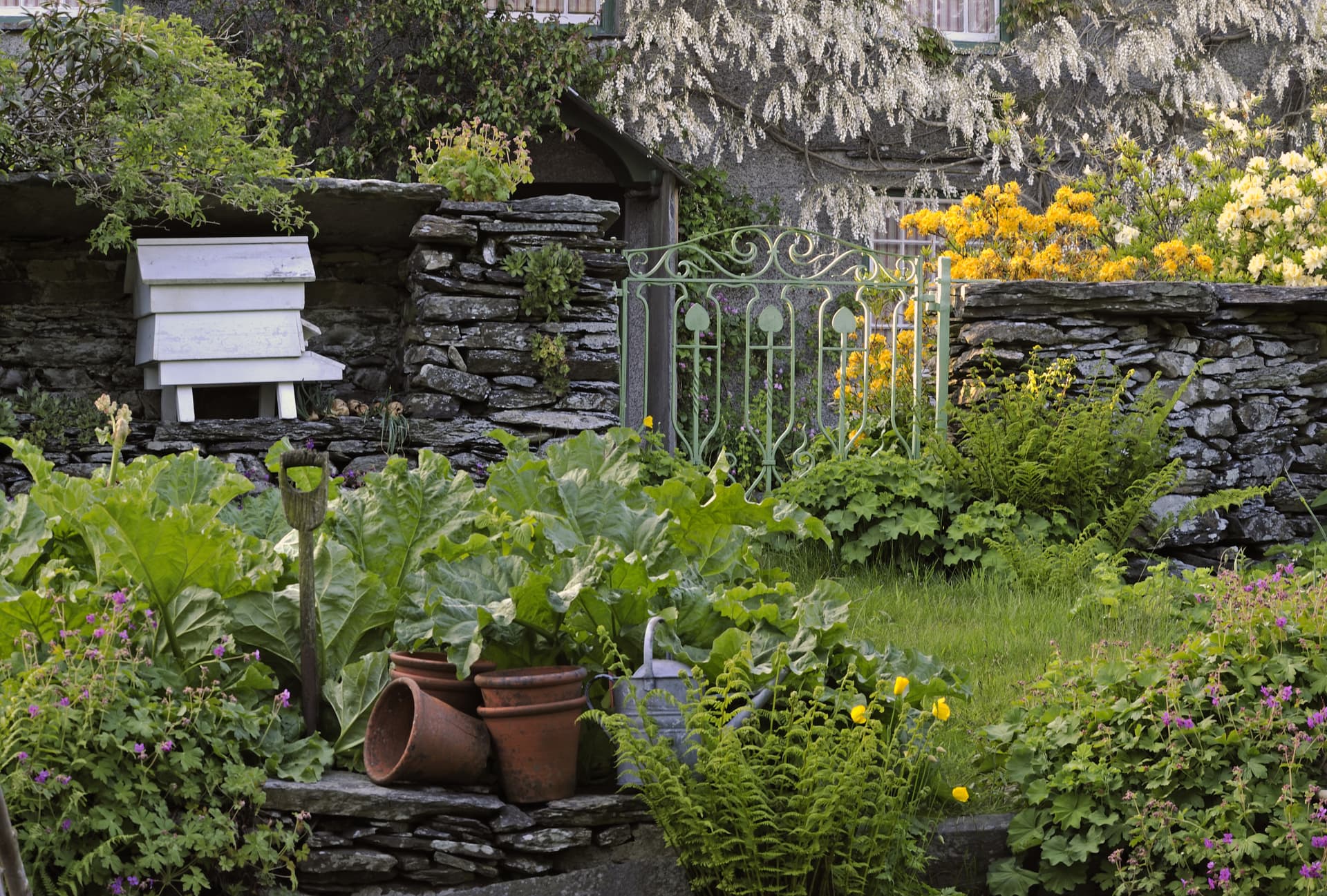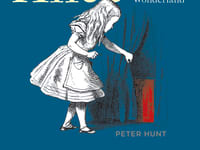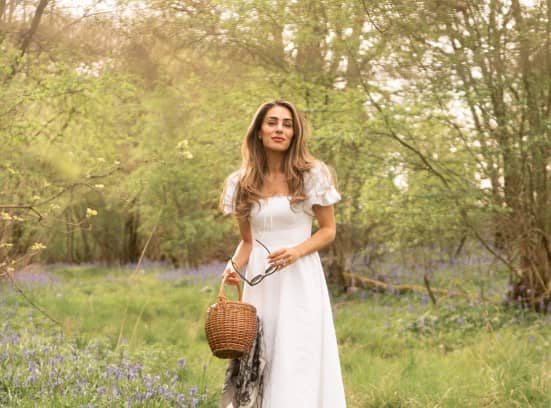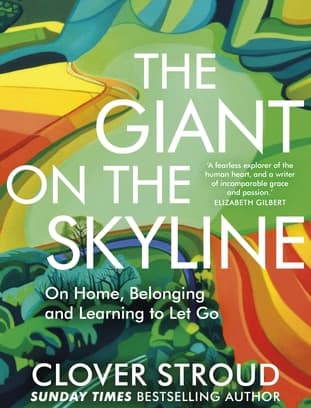There is a cottage-garden created over 100 years ago which when you visit it today evokes nostalgic memories if you enjoyed The Tales of Beatrix Potter as a child. Hill Top, near Sawrey, was purchased by the storyteller and illustrator, Beatrix Potter in 1905. Although Beatrix never lived at Hill Top full-time, she filled the house with treasured objects and created a life-sized doll’s house. Both the house and garden inspired many of the scenes that appear in some of the most popular of Beatrix’s 23 books. When she died in 1943, the care of Hill Top together with over 4,000 acres of land, 14 farms and 20 houses passed to the National Trust. Over the years, she had used money from her books to buy more farms and land under the threat of development and it is due to Beatrix Potter and the conservation work she did, that much of this part of the Lake District has been preserved.
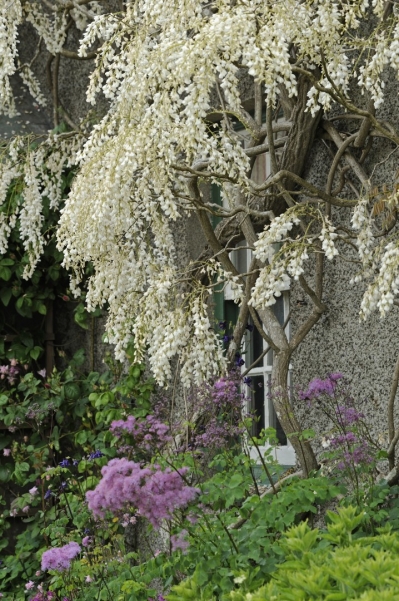 Beatrix had a typical upper middle-class Victorian childhood. Growing up in London she and her brother Bertram were tucked away in a third-floor nursery of their home in Bolton Gardens; both were discouraged from having friendships with other children by their mother in case they caught germs from them. Consequently, Beatrix spent her time drawing and writing. Her world-famous book, The Tale of Peter Rabbit, was originally written in 1893 as an illustrated letter to a little boy Noel, the son of her last governess. Subsequently revised, and following rejection by several publishers, Beatrix self-published the story in 1901. However, in 1902 the publisher Frederick Warne & Co. printed a trade edition which over the years has gone on to become one of the bestselling books in history.
Beatrix had a typical upper middle-class Victorian childhood. Growing up in London she and her brother Bertram were tucked away in a third-floor nursery of their home in Bolton Gardens; both were discouraged from having friendships with other children by their mother in case they caught germs from them. Consequently, Beatrix spent her time drawing and writing. Her world-famous book, The Tale of Peter Rabbit, was originally written in 1893 as an illustrated letter to a little boy Noel, the son of her last governess. Subsequently revised, and following rejection by several publishers, Beatrix self-published the story in 1901. However, in 1902 the publisher Frederick Warne & Co. printed a trade edition which over the years has gone on to become one of the bestselling books in history.
From her success with the sale of Peter Rabbit, The Tailor of Gloucester, Squirrel Nutkin and Benjamin Bunny, Beatrix was able to purchase Hill Top. When she married local solicitor William Heelis in 1913, she bought a larger home over the road where the couple enjoyed their married life. The half-acre garden at Hill Top created by Beatrix was informal and a chaotic mix of flowers, herbs, fruit, and vegetables. The small vegetable garden across from the house with its rhubarb patch provided the inspiration for the place where Jemima Puddle-Duck tried to hide her eggs.
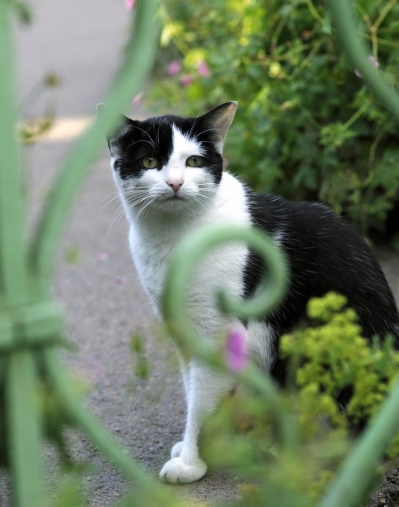 Today, thanks to the hard work of Head Gardener Pete Tasker, who has cared for Hill Top’s garden for the past 30 years, visitors will be able to experience scenes that appear in the author’s famous books. Take a walk up the garden path and look at the view that Beatrix loved, which appeared in both The Tale of Tom Kitten and The Tale of Pigling Bland. The informally planted flower beds are full of flowers and vegetables, both creating a quintessential English cottage-garden. From the door at the redbrick wall, you will be able to view the more formal vegetable garden with a lovely view of the farmhouse through the garden gate.
Today, thanks to the hard work of Head Gardener Pete Tasker, who has cared for Hill Top’s garden for the past 30 years, visitors will be able to experience scenes that appear in the author’s famous books. Take a walk up the garden path and look at the view that Beatrix loved, which appeared in both The Tale of Tom Kitten and The Tale of Pigling Bland. The informally planted flower beds are full of flowers and vegetables, both creating a quintessential English cottage-garden. From the door at the redbrick wall, you will be able to view the more formal vegetable garden with a lovely view of the farmhouse through the garden gate.
When Pete Tasker took over the care of the garden, the long flower border had been replaced with a lawn and little remained of her original planting. Drawing on her large collection of letters, photographs, and diaries, which revealed the types of plants and where they grew, and using the illustrations Beatrix had done, Pete was able to retrace the origins of her garden. He replanted red carnations by the gate where Tom Kitten had sat and restored the beehive under the big slate slab in the vegetable garden wall which appears in The Tale of Jemima Puddle-Duck.
“I wouldn’t say I am Mr McGregor,” says Pete. “I have however continued to ensure that we garden as organically as possible, so the garden is full of birds, bees and bugs. I have tried to make the garden planting as authentic as possible. The small vegetable garden is productive, and the acidic soil and challenging Lake District climate bring forth a garden full of colour. Through the year you will see azaleas, lilacs, violets, Welsh poppies, and aquilegias. The vegetable patch produces onions, rhubarb, carrots, cabbage, pumpkins, and lettuce amongst other crops. I love seeing how the garden changes so dramatically in the spring. Within a few weeks the sticks and mud of winter transform into a gloriously colourful cottage-garden. Watching the visitors’ faces as they discover scenes in the garden so familiar from Beatrix Potter’s books is a constant pleasure.”
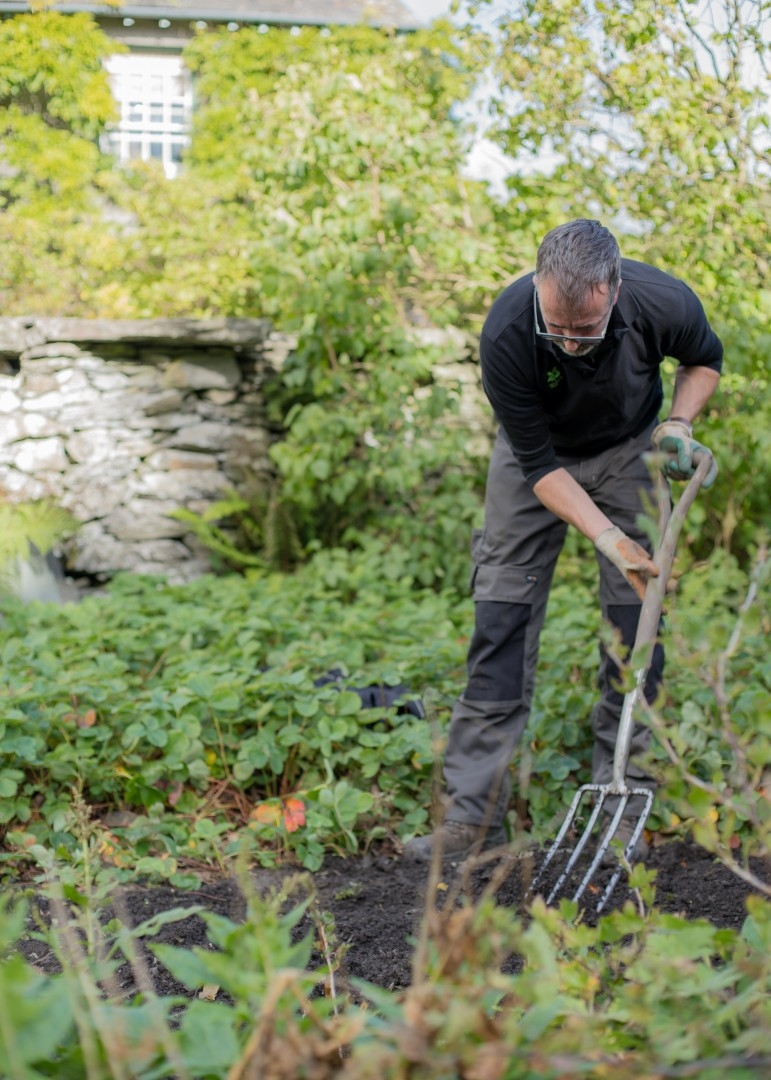
If you are planning to visit the Lake District, do visit Hill Top and the other places that meant so much to Beatrix Potter. Due to the COVID-19 restrictions, the house is currently closed, but the garden, shop and pop-up café are open. Visitors will however have to book as numbers are being restricted. For further information please visit their website
© National Trust Images - Val Corbett
